Which of the following are highly reactive towards electrophile
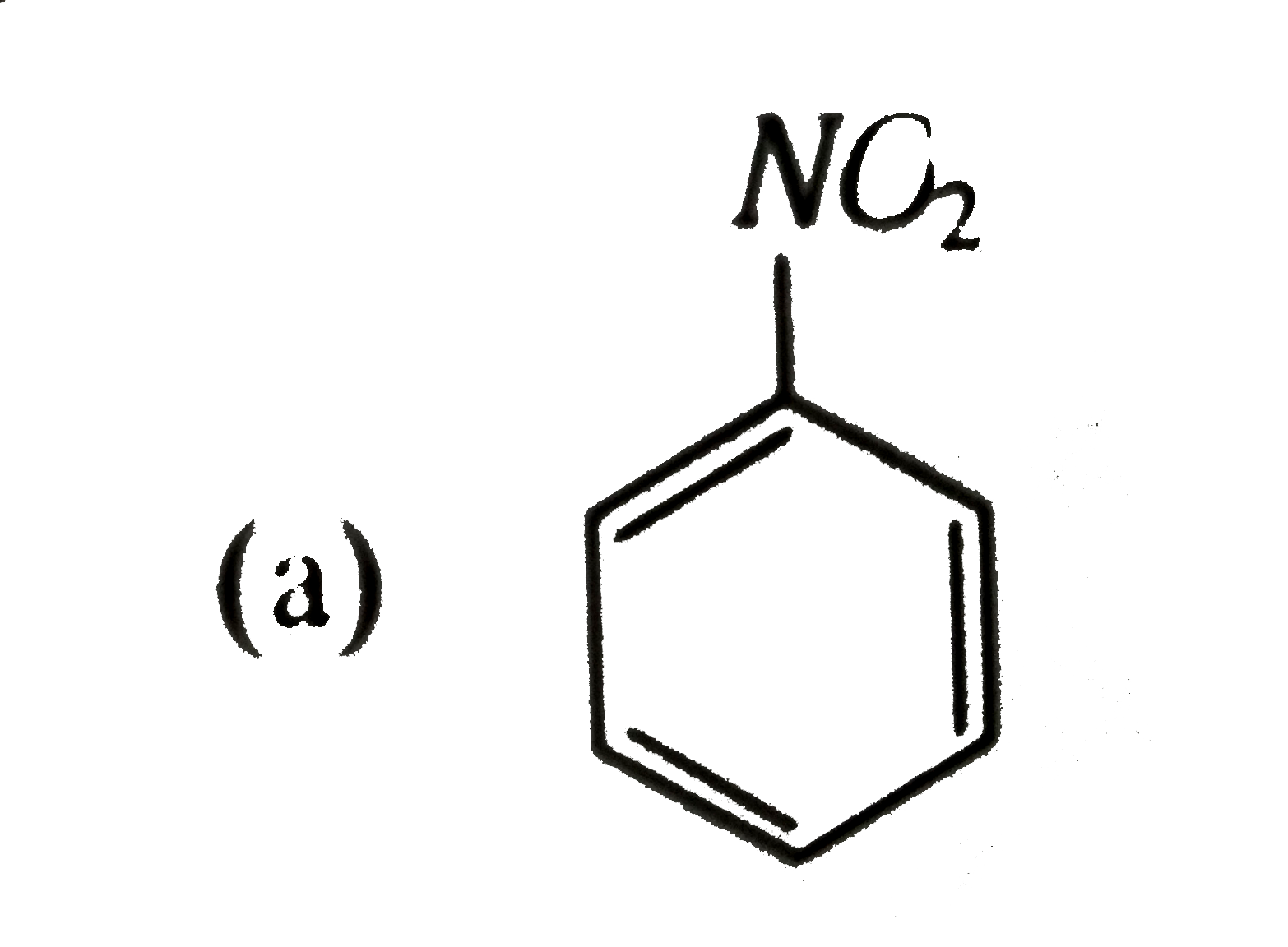
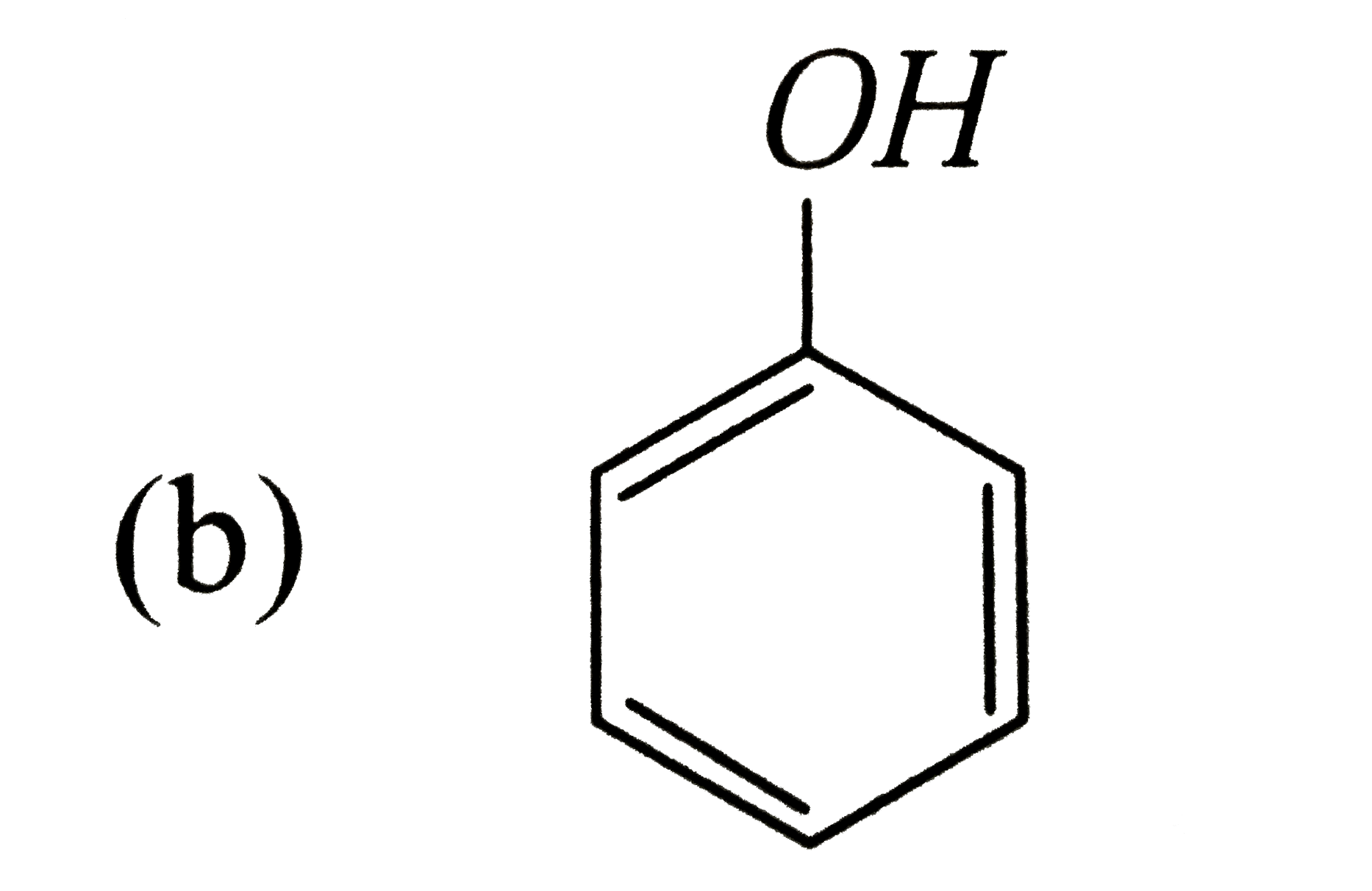
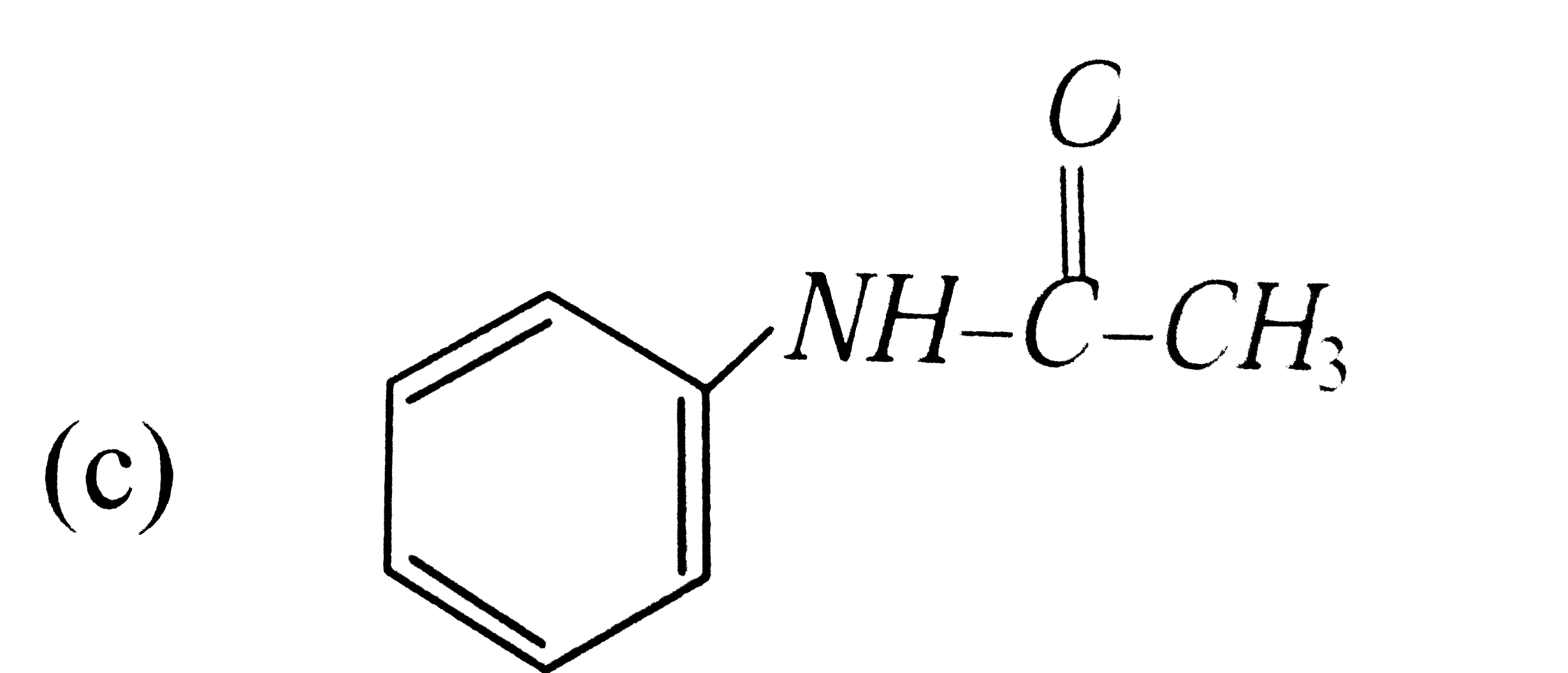
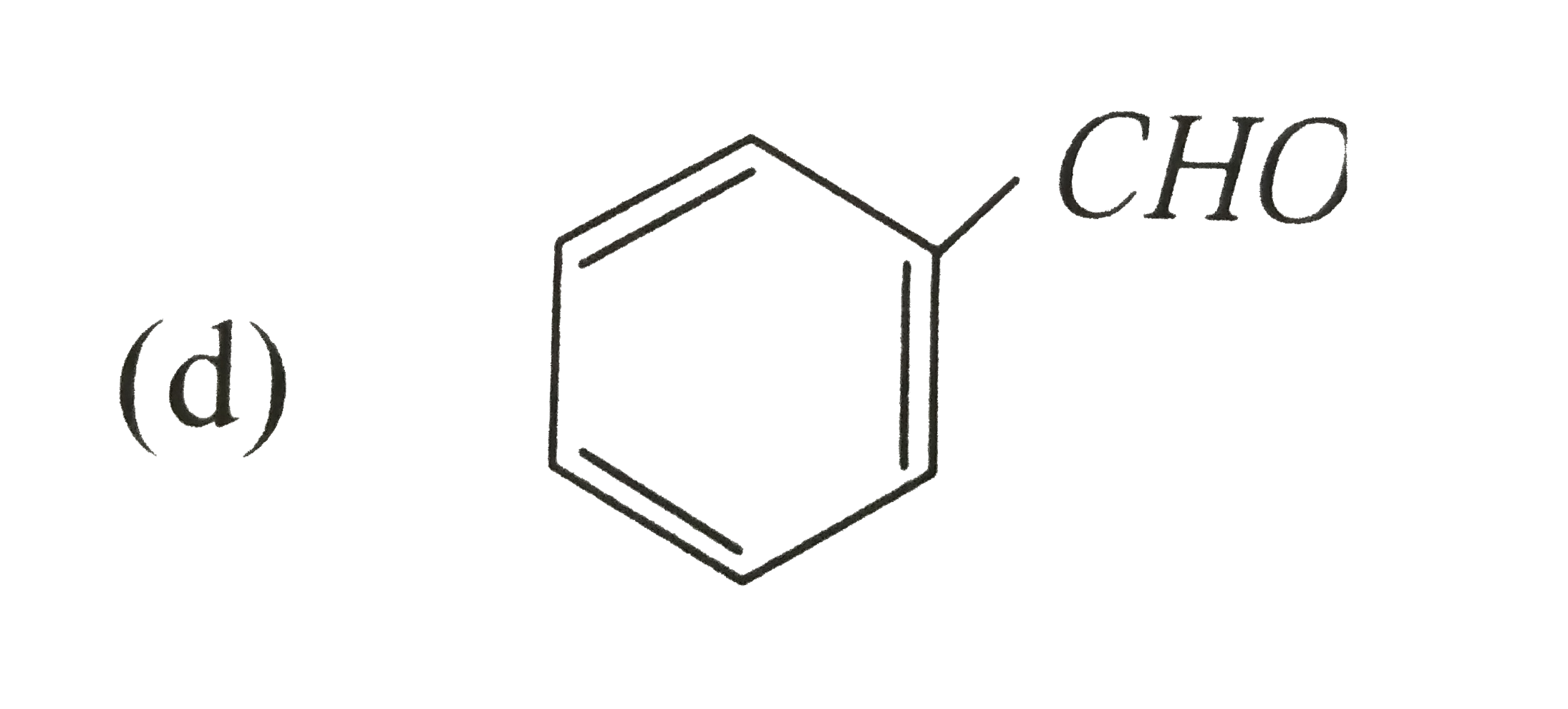
The correct Answer is:B, C
To determine which of the given options are highly reactive towards electrophilic substitution reactions, we need to analyze the substituents attached to the benzene ring in each option. The reactivity towards electrophilic substitution is influenced by the electron density on the aromatic ring, which is affected by the nature of the substituents.
1. Identify the Substituents:
- For each option, identify the substituents attached to the benzene ring.
2. Determine the Effect of Each Substituent:
- Electron-Withdrawing Groups (EWGs): These groups decrease electron density on the ring and make it less reactive towards electrophiles. Examples include -NO2, -CN, -COOH, etc.
- Electron-Donating Groups (EDGs): These groups increase electron density on the ring and enhance reactivity towards electrophiles. Examples include -OH, -OCH3, -NH2, etc.
3. Analyze Each Option:
- Option 1: Contains a -NO2 group (EWG). This will decrease the electron density and reduce reactivity.
- Option 2: Contains a -OH group (EDG). This group increases electron density due to its +M (mesomeric) effect, making it highly reactive.
- Option 3: Contains a group that has both +M and -M effects. The presence of the -M group will reduce the overall electron density, making it less reactive than option 2.
- Option 4: Contains an -NO2 group (EWG). Similar to option 1, this will decrease reactivity.
4. Conclusion:
- Based on the analysis, option 2 with the -OH group is the most reactive towards electrophilic substitution due to its ability to increase electron density on the aromatic ring.
Final Answer:
- The option that is highly reactive towards electrophiles is Option 2.
- For each option, identify the substituents attached to the benzene ring.
- Electron-Withdrawing Groups (EWGs): These groups decrease electron density on the ring and make it less reactive towards electrophiles. Examples include -NO2, -CN, -COOH, etc.
- Electron-Donating Groups (EDGs): These groups increase electron density on the ring and enhance reactivity towards electrophiles. Examples include -OH, -OCH3, -NH2, etc.
- Option 1: Contains a -NO2 group (EWG). This will decrease the electron density and reduce reactivity.
- Option 2: Contains a -OH group (EDG). This group increases electron density due to its +M (mesomeric) effect, making it highly reactive.
- Option 3: Contains a group that has both +M and -M effects. The presence of the -M group will reduce the overall electron density, making it less reactive than option 2.
- Option 4: Contains an -NO2 group (EWG). Similar to option 1, this will decrease reactivity.
- Based on the analysis, option 2 with the -OH group is the most reactive towards electrophilic substitution due to its ability to increase electron density on the aromatic ring.
- The option that is highly reactive towards electrophiles is Option 2.
Topper's Solved these Questions
- BOOK - ERRORLESS CHAPTER - HYDROCARBONEXERCISE - JEE SECTION (Reasoning type questions)4videos
HYDROCARBON
- BOOK - ERRORLESS CHAPTER - HYDROCARBONEXERCISE - JEE SECTION (Comprehension type questions)14videos
HYDROCARBON
- BOOK - ERRORLESS CHAPTER - HYDROCARBONEXERCISE - JEE SECTION (Only one choice correct answer)93videos
HYDROCARBON
- BOOK - ERRORLESS CHAPTER - HALOGEN CONTAINING COMPOUNDEXERCISE - Critical Thinking (Jee (Advanced) 2018)1videos
HALOGEN CONTAINING COMPOUND
- BOOK - ERRORLESS CHAPTER - IONIC EQUILIBRIUMEXERCISE - JS Jee Section (JEE Advanced (Numeric answer type question))1videos
IONIC EQUILIBRIUM
Similar Questions
Knowledge Check
- Question 1 - Select One
Which of the following is the most reactive towards electrophilic attack ?
A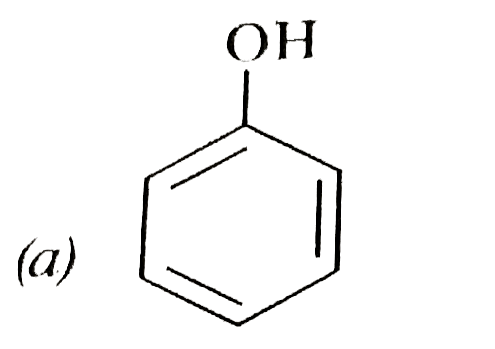 B
B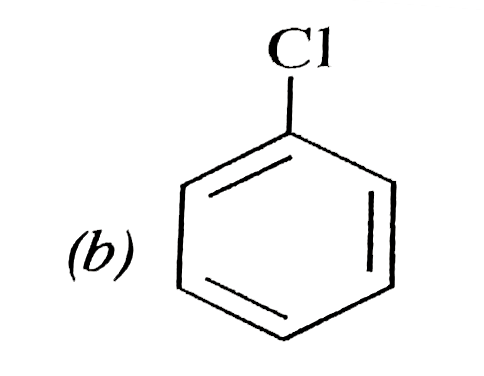 C
C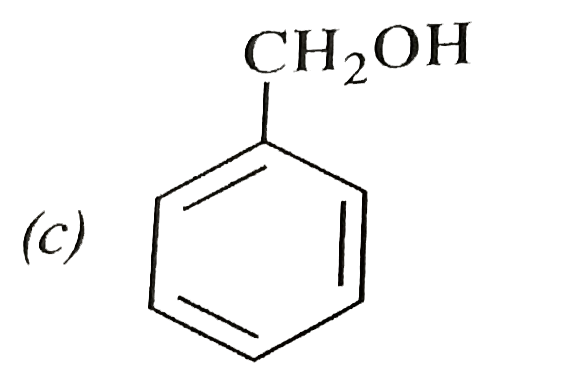 D
D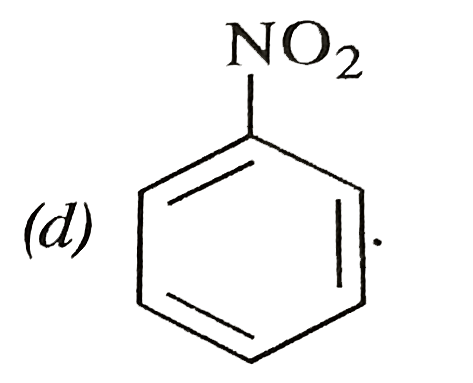
- Question 2 - Select One
Which of the following is the most reactive towards electrophilic substitution?
A B
B C
C D
D
- Question 3 - Select One
Which of the following is most reactive towards electrophilic nitration ?
ATolueneBBenzeneCBenzoic acidDNitrobenzene.
Which one of the following is most reactive towards electrophilic attack?
View SolutionWhich one of the following is most reactive towards electrophilic reagent ?
View SolutionWhich of the following is most reactive towards electrophilic substituion reaction ?
View SolutionWhich one of the following is most reactive towards electrophilic reagent ?
View SolutionWhich one of the following is most reactive towards electrophilic reagent ?
View Solution

